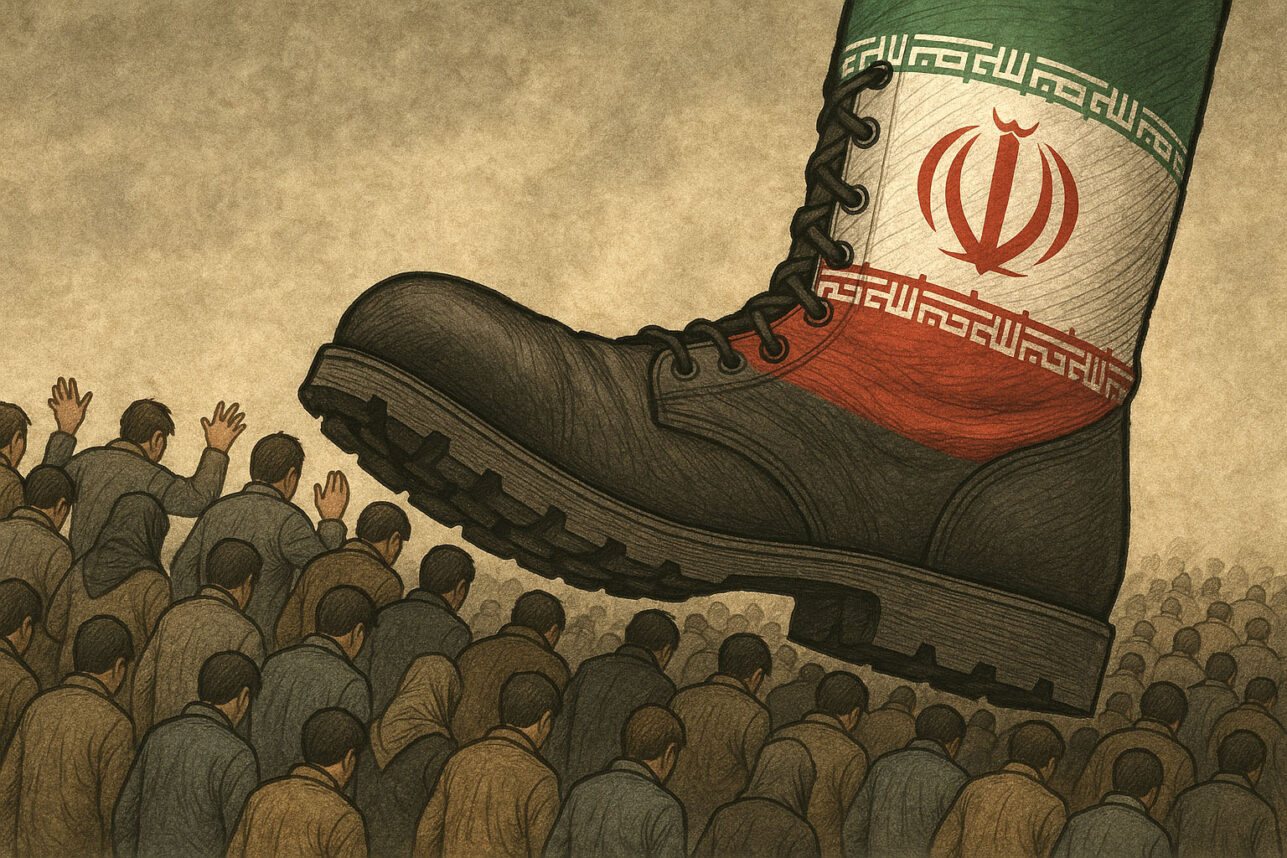The life of Los Angeles Sheriff Sherman Block served as a textbook chapter in the American-Jewish saga, in which the grandson of East European immigrants and former deli counterman rose to lead the nation’s largest county law enforcement agency.
Block, who died last week at age 74 from a massive brain hemorrhage, was the first Jewish sheriff in the 148-year history of Los Angeles County.
His childhood memories in Chicago revolved around a closely knit Orthodox family, he recalled during a 90-minute interview with this reporter in 1982, shortly after being appointed sheriff by the county Board of Supervisors.
“Nothing trayf ever came into our house,” he said. “I remember every year bringing up the dishes from the basement to make them Pessachdik.“
Block’s paternal grandfather, Ben Zion Block, had been a chazzan in Vilna, and after coming to Chicago he resumed chanting at the Vilna Shul and also became a rabid baseball fan. Block’s mother’s father was a Russian-born tailor, while his father was a milkman, who plied his route for more than 30 years.
During World War II, Block’s father and uncle purchased a deli, and after his own Army discharge, the future sheriff went to work in the new family business.
One of his favorite customers was a young nurse named Alyce, and after she converted to Judaism, she and Block were married in an Orthodox ceremony in 1948.
Shortly afterward, he struck out on his own and established Block’s Kosher Kitchen on Chicago’s South Side.
“Business was very good, so I expanded,” Block recalled. “That was my mistake. The overhead went way up, I couldn’t make it and had to close down.”
In 1953 Block and his brother joined the post-war migration to the West Coast and as “one of the best deli men in the business,” quickly found employment at Canter’s Deli on Fairfax Avenue.
But an old longing to become a law enforcement officer reasserted itself, and at age 32 he applied for a job as a deputy sheriff trainee.
When he told his boss at Canter’s why he was quitting, he was asked, “What kind of a job is that for a Jewish boy?” But Block didn’t change his mind, even after being offered a raise.
He quickly rose through the ranks, and after being named by the county supervisors to succeed retiring Sheriff Peter Pitchess, was formally elected to the top post in 1982.
Block was reelected three more times and was locked in a tight race for a fifth term when he died.
As his professional responsibilities increased, he became less involved in the Jewish community, he said in 1982, but attended synagogue on High Holy Days and contributed regularly to the United Jewish Welfare Fund. He recalled with warmth a trip to Israel as part of a Los Angeles delegation to dedicate the Frank Sinatra Center at the Hebrew University in Jerusalem.
He expressed his pride that his daughter Barbara followed in his footsteps and became a deputy sheriff and frequent speaker before civic groups.
At one talk, a lady wondered how a nice Jewish girl could become a cop. “How do you know I’m Jewish?” asked Barbara Block. “Because you’re wearing a Magen David,” the lady replied, pointing to the miniature six-pointed sheriff’s badge pinned to Barbara’s lapel.
Block considered himself a role model, which, he hoped, might encourage other Jews to wear a law enforcement officer’s uniform. “I can assure the Jewish community,” he said, “that it will be proud of my performance.”


































 More news and opinions than at a Shabbat dinner, right in your inbox.
More news and opinions than at a Shabbat dinner, right in your inbox.